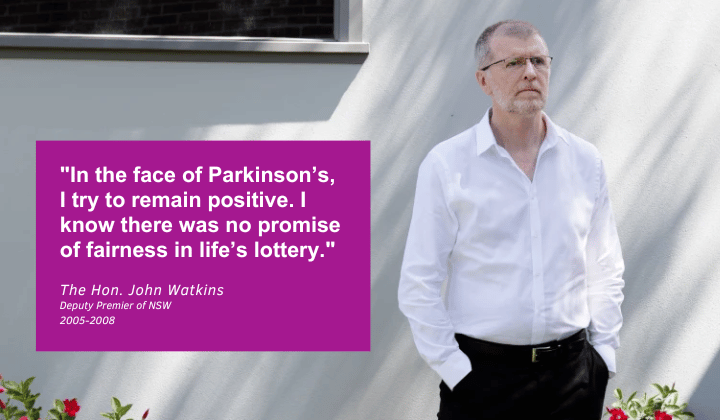Re-imagining Parkinson’s Care

Living Well with the Right Nutrition
5th April 2021
Understanding the five stages of Parkinson’s
5th April 2021Re-imagining Parkinson’s Care

Re-imagining Parkinson’s Care
“Chronic neurological diseases are the leading source of disability globally. Yet, our healthcare systems are not designed to meet the needs of the many chronic neurological patients,” say Dr Bastiaan Bloem and Dr Sirwan Darweesh.
The two researchers work at Radboud University’s Nijmegen Medical Centre in the Netherlands are part of a team that recently outlined a new patient-centred care model that aims to tackle this problem.

Re-imagining Parkinson’s care
“Care is fragmented with poor interdisciplinary collaboration and a lack of timely access to services and therapies,” explain Dr Bloem and Dr Darweesh, reflecting on what motivated the report.
“Furthermore, care is typically reactive. Treatment plans tend to focus on the condition rather than the individual living with it and patients are insufficiently involved in clinical decision making.”
The team created a model based around eight solutions that offer an integrated approach to treating Parkinson’s, connecting different aspects of healthcare into a network.
These solutions include delivering care either in or close to the patient’s home where possible, supporting patient education and self-management, taking a proactive approach to healthcare, and using methods like sensors and e-diaries to monitor symptoms and identify problems quickly.
The report encourages a more tailored approach that considers individual patient needs, improved access to doctors and specialists, and having a single point of access (such as a personal care manager) available to people with Parkinson’s.
The personal care manager can answer basic questions, support referrals and coordinate advice across different healthcare disciplines.
According to Dr Bloem and Dr Darweesh, the new model could revolutionise existing approaches to treating chronic neurological conditions like Parkinson’s.
The model creates an integrated set of actions that aim to reduce unnecessary disability for patients, improve quality of life of affected persons and their families and save costs for society – helping to keep healthcare affordable for future generations.
Although the full integrated care model may not be easy to implement world-wide, there are opportunities to integrate important elements of it – such as telemedicine using videoconferencing – into healthcare systems in developing countries.
Sources
Saskia Mair
The Lancet Neurology



